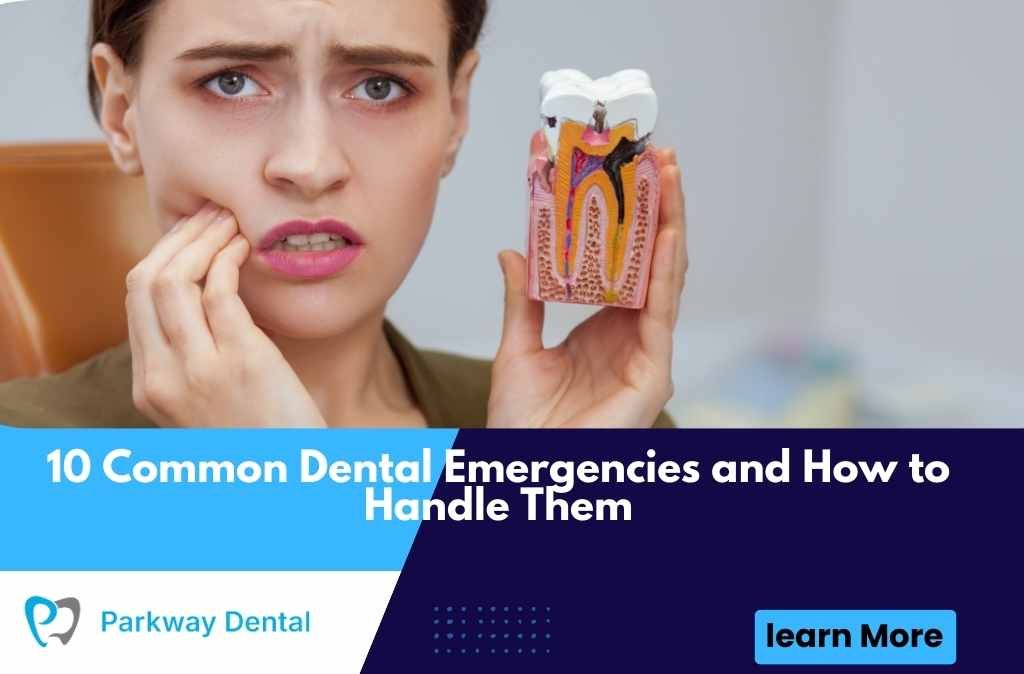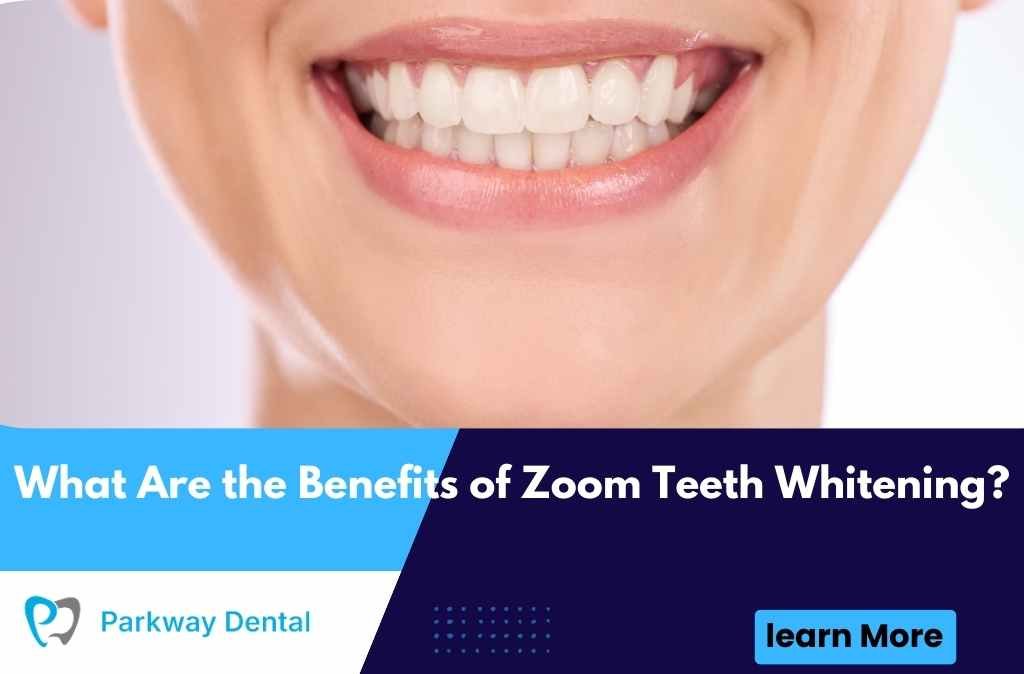A radiant, white smile is often associated with health and confidence. However, many people notice their teeth gradually losing their whiteness over time. Teeth losing whiteness can be attributed to a variety of factors, ranging from lifestyle habits to underlying dental issues.
What Causes Teeth to Lose Their Whiteness?
There are several reasons why your teeth might be losing their natural brightness. Let’s delve into the most common causes:
Diet and Beverage Choices
Certain foods and drinks are notorious for staining teeth. Common culprits include:
- Coffee and tea: These popular beverages contain tannins, which can cause discoloration.
- Red wine: The rich pigments in red wine can stain your enamel over time.
- Dark-colored sodas: These drinks not only stain but also erode enamel due to their acidity.
- Berries and tomato-based sauces: While healthy, these foods have intense pigments that can stain teeth.
Smoking and Tobacco Use
Tobacco products, including cigarettes and chewing tobacco, are significant contributors to teeth discoloration. The nicotine and tar in tobacco leave yellow or brown stains that can be difficult to remove.
Poor Oral Hygiene
Failing to brush and floss regularly allows plaque and tartar to build up, which can make your teeth look dull and yellow. Regular dental cleanings are essential to remove these deposits and maintain a white smile.
Aging
As we age, the enamel on our teeth naturally wears down, revealing the yellowish dentin beneath. This process is unavoidable but can be mitigated with proper care.
Genetics
Your genetic makeup can play a role in the natural shade of your teeth. Some people have naturally thinner enamel, which can make their teeth appear less white.
Medications
Certain medications, such as tetracycline antibiotics, antihistamines, and high blood pressure drugs, can cause teeth discoloration as a side effect. If you’re concerned about medication-related staining, consult your dentist.
Dental Trauma
Injuries to your teeth can damage the enamel and lead to discoloration. Additionally, trauma can cause the inner pulp to darken, affecting the tooth’s color.
Excessive Fluoride Exposure
Overexposure to fluoride, especially during childhood, can result in a condition called fluorosis. This leads to white spots or streaks on the teeth that can affect their overall appearance.
Environmental Factors
Pollution and water quality can sometimes contribute to enamel erosion and discoloration. In areas with hard water, mineral deposits can stain teeth over time.
Grinding Your Teeth
Bruxism, or teeth grinding, can wear down enamel and expose the yellow dentin underneath, leading to discoloration.
How to Prevent Teeth from Losing Their Whiteness
Prevention is key when it comes to maintaining a bright smile. Here are some practical tips:
Maintain a Good Oral Hygiene Routine
- Brush your teeth twice a day with fluoride toothpaste.
- Floss daily to remove plaque and food particles from between your teeth.
- Use an antiseptic mouthwash to reduce bacteria and prevent plaque buildup.
Watch Your Diet
- Limit your consumption of stain-causing foods and beverages.
- Rinse your mouth with water after eating or drinking to minimize staining.
- Incorporate crunchy fruits and vegetables, like apples and carrots, which can naturally clean your teeth.
Quit Smoking
Avoiding tobacco products will not only prevent teeth discoloration but also improve your overall oral and general health.
Stay Hydrated
Drinking plenty of water helps wash away food particles and bacteria, keeping your teeth clean and reducing the risk of stains.
Use Whitening Toothpaste
Over-the-counter whitening toothpaste can help remove surface stains and keep your teeth looking bright.
Protect Your Teeth
- Wear a mouthguard if you grind your teeth at night to prevent enamel wear.
- Use a straw when drinking stain-causing beverages to minimize contact with your teeth.
Regular Dental Check-Ups
Visit your dentist regularly for professional cleanings and check-ups. They can identify and address potential issues before they worsen.
How Can I Restore Whiteness to My Teeth?
Restoring the whiteness of your teeth can involve a combination of lifestyle changes, at-home treatments, and professional dental care. Here’s how you can bring back your radiant smile:
Lifestyle Changes
- Avoid stain-causing foods and beverages, or consume them in moderation.
- Practice good oral hygiene by brushing and flossing regularly.
- Quit smoking and using tobacco products to prevent further discoloration.
At-Home Treatments
- Use whitening toothpaste and mouthwashes designed to remove surface stains.
- Try natural remedies like baking soda or oil pulling for mild whitening effects.
- Purchase over-the-counter whitening kits for gradual, noticeable results.
Professional Care
- Consult your dentist for professional teeth whitening procedures, which deliver faster and more effective results.
- Consider veneers, bonding, or crowns if discoloration is severe or due to structural issues.
- Schedule regular dental cleanings to remove plaque and tartar, enhancing the natural brightness of your teeth.
Restoring your teeth’s whiteness often requires a comprehensive approach. By combining preventive measures with effective treatments, you can achieve a brighter, healthier smile.
If your teeth have already lost their whiteness, don’t worry. There are several effective treatments available to restore their shine:
Professional Teeth Whitening
Dentists offer in-office whitening treatments that deliver quick and dramatic results. These treatments use stronger bleaching agents than over-the-counter products, ensuring a brighter smile in just one session.
Custom Whitening Trays
Your dentist can create custom-fitted trays for at-home whitening. These trays allow for even application of the whitening gel, resulting in a uniform, bright smile.
Dental Veneers
For severe discoloration that doesn’t respond to whitening, veneers are an excellent option. These thin shells are placed over the front of your teeth to provide a flawless, white appearance.
Bonding and Crowns
Dental bonding and crowns can cover stains and improve the overall look of your teeth. Your dentist can recommend the best option based on your specific needs.
Laser Whitening
Laser whitening is a cutting-edge treatment that uses light to enhance the whitening process, delivering fast and effective results.
The Role of Regular Dental Visits
Seeing your dentist regularly is essential for maintaining oral health and addressing discoloration. Professional cleanings remove plaque and tartar that can’t be eliminated with regular brushing and flossing. Additionally, your dentist can identify and treat underlying issues contributing to teeth discoloration.
Natural Remedies for Whiter Teeth
Some people prefer natural methods to enhance their smile. While these remedies may not provide dramatic results, they can help improve your teeth’s appearance:
- Oil pulling: Swishing coconut oil in your mouth can reduce bacteria and brighten your teeth over time.
- Baking soda: Brushing with a mixture of baking soda and water can help remove surface stains.
- Hydrogen peroxide: Diluted hydrogen peroxide can act as a mild bleaching agent. Use it sparingly to avoid damaging your enamel.
- Apple cider vinegar: This natural remedy can help remove stains, but it should be used cautiously to prevent enamel erosion.
Myths About Teeth Whitening
There are many misconceptions about teeth whitening that can lead to ineffective or harmful practices. Let’s debunk some of the most common myths:
- Myth 1: Whitening toothpaste can completely whiten teeth.
- While it can remove surface stains, it won’t change the natural color of your teeth.
- Myth 2: Home remedies work as well as professional treatments.
- Natural remedies can help to an extent, but they won’t deliver the same results as professional whitening.
- Myth 3: Whitening damages enamel.
- Professional treatments are safe when performed under the guidance of a dentist.
When to See a Dentist
If you’ve tried home remedies and over-the-counter products without success, it’s time to consult a professional. A dentist can determine the root cause of your teeth discoloration and recommend the most effective treatment plan.
Learn More: Teeth Whitening in West Roxbury, MA
Conclusion
Teeth losing whiteness is a common issue with multiple causes, from dietary habits and smoking to aging and genetics. By understanding these factors and taking preventive measures, you can maintain a bright and confident smile. For those who need extra help, professional treatments offer effective solutions to restore your teeth’s natural whiteness.
If you’re looking for expert care, visit Parkway Dental, your trusted Dentist in West Roxbury, MA. Their team is dedicated to helping you achieve the smile of your dreams. Schedule an appointment today and take the first step toward a healthier, brighter smile.



